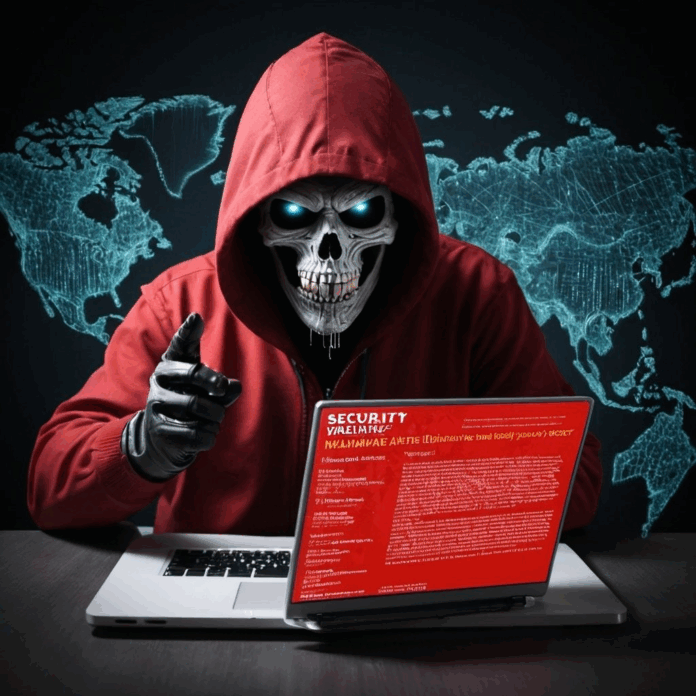By Funminiyi Philips
In today’s digital world, our lives are increasingly online. We use computers, smartphones, and other devices to communicate, work, and play. But with all these benefits come risks.
Cybersecurity is about protecting our digital lives from harm.
As technology advances, cyber threats are becoming more sophisticated, making it essential for individuals and organisations to understand the importance of cybersecurity.
Cybersecurity is crucial because our digital lives contain sensitive information that cybercriminals can exploit. If this information falls into the wrong hands, it can lead to identity theft, financial loss, and reputational damage.
In today’s digital age, cybersecurity is not just a technical issue but a societal one. We all have a role in protecting ourselves and our communities from cyber threats. There are many kinds of cyber threats.
Let’s look at a few examples to understand the risks.
Malware is harmful software that can steal data, disrupt devices, and cause financial loss. Still, you can protect yourself by downloading software from trusted sources, using antivirus software, and being cautious with email attachments and links. Examples include viruses, Trojans, and ransomware.
Phishing is a scam where attackers pretend to be trusted sources to steal sensitive information, posing risks like identity theft, financial loss, and data breaches. However, you can protect yourself by being cautious with unsolicited emails, verifying requests, and avoiding suspicious links.
Hacking is unauthorised access to computer systems or data, posing risks like data theft, financial loss, and system compromise. Still, you can protect yourself by using strong passwords, keeping software updated, implementing firewalls, and encrypting sensitive data.
Distributed Denial of Service (DDoS) attacks flood targeted systems with traffic, causing downtime, reputation damage, and resource overload, but implementing protection services, traffic filtering, and incident response plans can help mitigate these risks and protect online presence.
Social engineering is an attack where scammers trick people into revealing sensitive information, posing risks like data theft, financial loss, and security breaches. However, being cautious, verifying identities, and being aware of phishing scams can help protect against these attacks.
Anyone can fall victim to a cyber-attack, so knowing the common risks is essential.
These include using weak or unchanged passwords, having outdated software that leaves vulnerabilities open, clicking on suspicious links or emails, and using public Wi-Fi to access sensitive information. By being aware of these risks, you can take steps to protect yourself online.
To stay safe online, follow the following simple steps.
Use strong and unique passwords that you update regularly. Keep your software, including your operating system and apps, up-to-date. Be cautious when online by avoiding suspicious links and emails, and be wary of requests for information.
Install reputable antivirus software to protect against malware. Then, consider using a Virtual Private Network (VPN) when using public Wi-Fi. Regularly back up your important data to prevent loss.
Finally, two-factor authentication should be enabled whenever possible to add an extra layer of security.
Everyone, whether individuals or organisations, is responsible for their own cybersecurity. To stay safe, it’s crucial to implement security policies, train employees on cybersecurity best practices, conduct regular security audits to identify vulnerabilities and use encryption to protect sensitive data from unauthorised access. By taking these steps, you can significantly reduce the risk of cyber threats.
As technology advances, cyber threats will continue to evolve. Individuals and organisations need to stay informed and adapt to new threats. By working together, everyone can create a safer and more secure online environment.
Staying safe online is an ongoing effort that requires awareness and action. By knowing the risks and taking simple steps, we can enjoy the digital world while reducing threats. Stay safe by being informed, alert, and proactive.
Funminiyi B. Philips is a cybersecurity enthusiast. He can be reached on LinkedIn https://www.linkedin.com/in/funminiyi-b-philips




